I wanted to be an archaeologist since I was 8 years old. My “ah-ha” moment came when I was exploring a southern Saskatchewan beach and found two stone spear points. I knew they had been made by human hands and, for some reason, was convinced they were 5,000 years old. I was engrossed by this physical connection to a distant past and fascinated that people had made a living in the wilderness by using the materials at hand.
When I became an archaeology student at the University of Saskatchewan, I was captivated learning about the more than 10,000 years of human occupation in western Canada. I also loved how archaeology incorporated knowledge from many branches of the social and natural sciences. Getting my hands dirty in the field school cemented my passion for the discipline. Over the next years, as I progressed through my undergraduate degree and into graduate studies, I joined the local archaeology society as well as the professional archaeology association, delivered papers at conferences, worked with fellow graduate students and professors on research projects, was an assistant instructor on field schools, and met or worked with those in the cultural resource management (CRM) industry.
Fast forward to 2017. Since finishing my M.A., I’ve had a 20-year career in the CRM industry. For the first several years of my career, I worked seasonally on a project-by-project basis for several CRM firms as a shovel-jockey or crew supervisor. I continued to deliver educational programs in archaeology and conducted research and writing on a contract basis to fill gaps between projects. Eventually, I gained long-term employment with a large consulting firm. Today, I’m in business for myself. Through this career, I’ve worked from James Bay across western Canada into interior BC, and from the tundra of the Northwest Territories to the lava fields of southern Idaho.
Yes, there is work in archaeology. I can’t tell you the number of times I’ve heard “I was always interested in archaeology but didn’t think there were jobs so didn’t pursue it”. Today, the main employment opportunities in archaeology are in CRM, where developers commission archaeological studies to meet regulatory requirements before their projects move to construction. For instance, this includes development related to mining, transportation, forestry, power generation, infrastructure, oil and gas, and residential projects.
Those aspiring to become professional consulting archaeologists in BC must meet requirements established by the provincial Archaeology Branch. This includes training and experience associated with achieving Field Director and/or Permit Holder status. In general, these requirements involve completing a minimum of an undergraduate degree in anthropology or archaeology and demonstrating ability by accumulating a specific number of days working in archaeological resource management. These comprise experience on excavations, supervising work under Heritage Conservation Act permits, and receiving regulatory acceptance of a permit report. You may need to work for several years on seasonal projects to gain the experience to become a Field Director. But once you have a field directorship or permit-holding status, employment opportunities open up.
Archaeology is not your typical job. No two projects are ever the same. You see some amazing places, work with wonderful folks, and make incredible discoveries. You gain a unique perspective that spans thousands of years relating to the adaptations that people have made to their physical, social, and spiritual environments. Rarely have I ever been bored at work.
And guess what? One of the spear points I found at age 8 did, in fact, turn out to be almost 5,000 years old.



